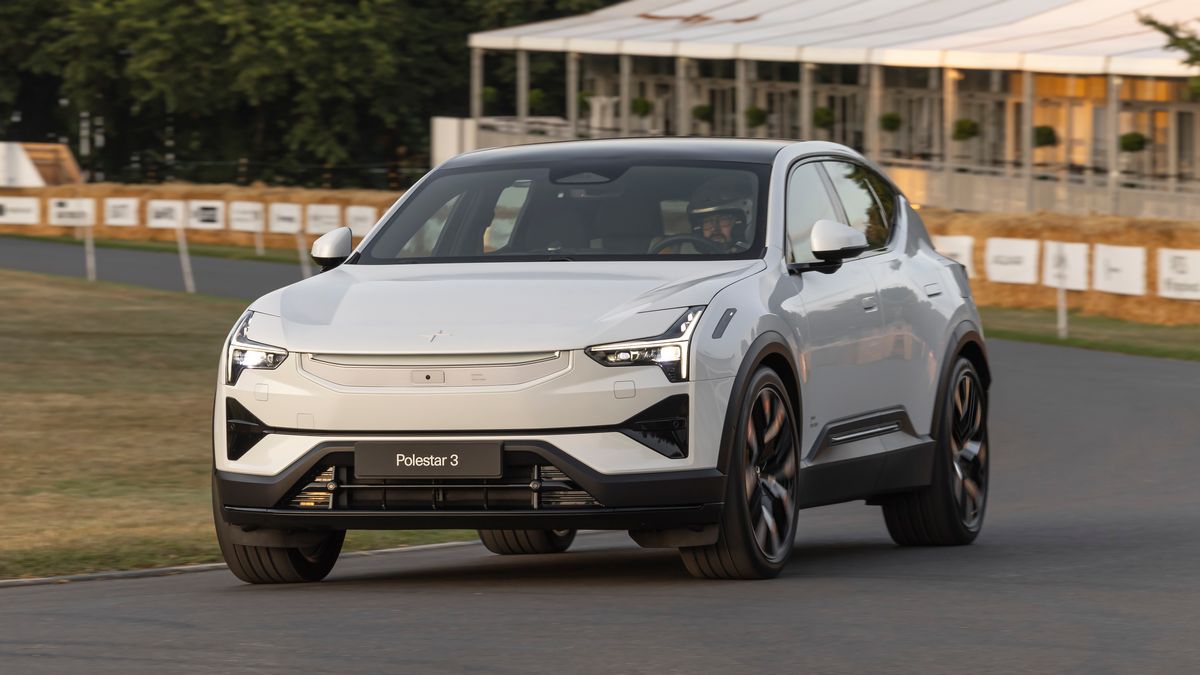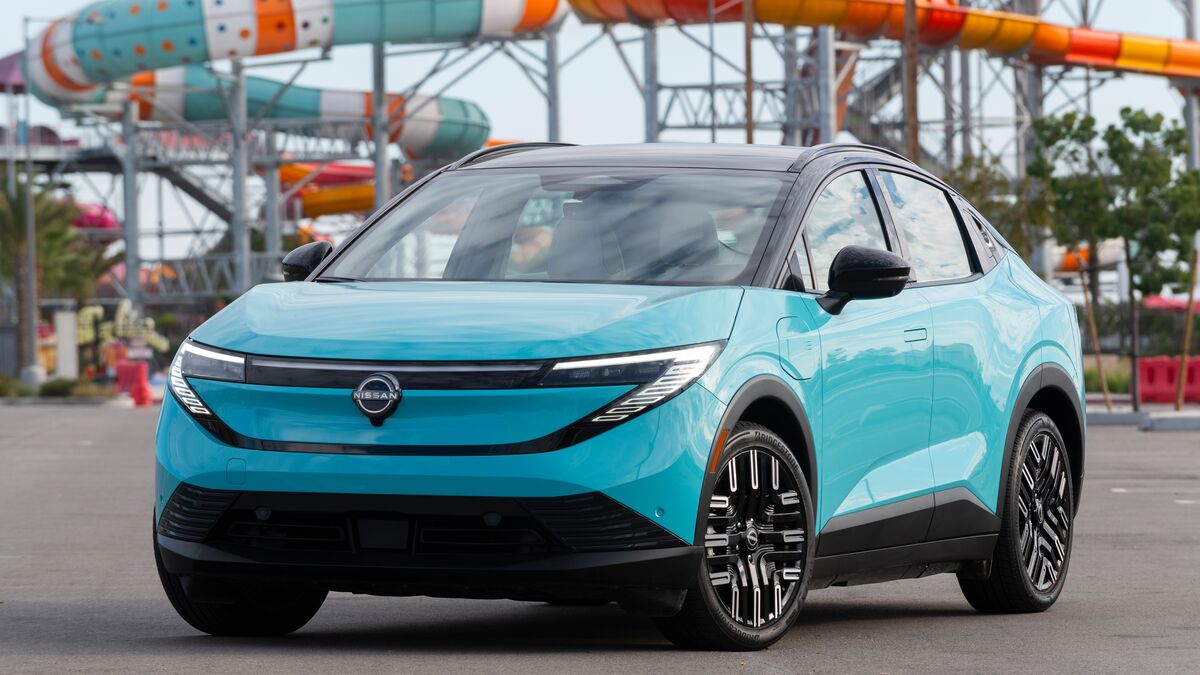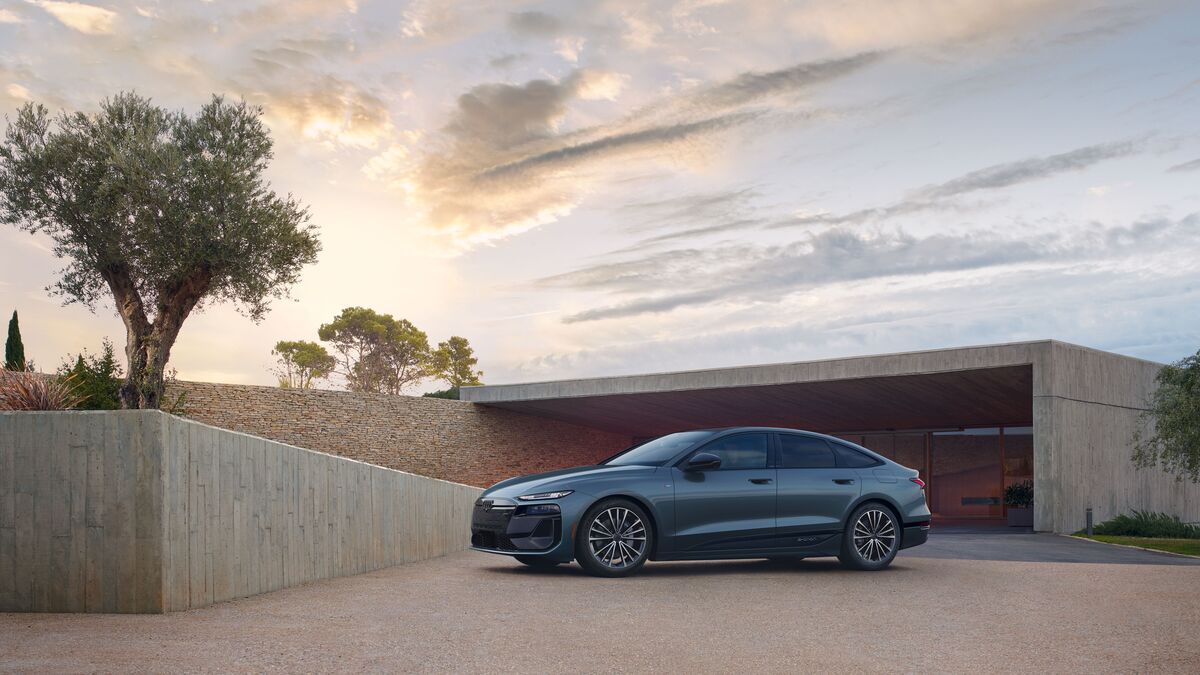Electric car builder Fisker will charge owners for recall-related repairs. The federal agency that oversees car safety says that move isn’t legal. However, Fisker is now in bankruptcy protection, which makes this a complicated case.
The uncertainty illustrates the risk of buying from a startup automaker.
About Fisker
Fisker is a California-based startup that attempted to build electric vehicles (EVs). It released one product for sale: the Fisker Ocean SUV. The Ocean is lovely to look at and has some creative new features like a solar roof and a rotating touchscreen.
Unfortunately, KBB expert test driver Matt Degen found it rife with odd problems. The Ocean wouldn’t start unless he positioned the key fob in a particular spot, and the vehicle rolled backward on hills unless he held the brake. Degen was hardly alone. Other publications found similar software glitches and mechanical issues with Fisker’s first effort.
The company never made a second product. It released designs for several more cars but declared bankruptcy in June.
Fisker followed a similar business model to early Tesla, selling cars online without many physical dealerships to provide service.
There Is Still a Fisker — Sort Of
Before its failure, Fisker said it had delivered about 5,000 Ocean EVs to customers. Now, those people drive cars without a functioning company supporting them.
A company in bankruptcy doesn’t cease to exist immediately (though it can in the long run). Instead, it operates with a skeleton crew under court supervision while a legal process plays out. That legal process tries to balance customers’ needs while satisfying as much of the company’s debt as possible.
The Los Angeles Times reports Fisker “has reached a settlement with creditors that will allow it to liquidate its assets while working with owners to keep their pricey SUVs on the road.” Creditors still need to vote on that plan, however.
“Other issues, including access to parts and long-term service, are still being negotiated outside the bankruptcy process,” the newspaper reports.
So, there is still a Fisker, Inc., but what’s left of it may not be capable of supporting the cars currently on the road.
Fisker: We Pay for the Parts, You Pay for the Labor
The Ocean EV is currently subject to five separate safety recalls, covering everything from loss of drive power to door handles that stick.
This week, the company updated a Frequently Asked Questions (FAQ) document that still doesn’t answer many questions about how it will make those repairs. The FAQ promises “a list of authorized service providers” who can repair Ocean EVs.
It also notes that owners will have to pay for some recall-related repairs. Fisker says issues that technicians can fix with software updates will be free. “Regarding the recalls that require physical inspections and potential repairs, Fisker will provide the necessary parts at no cost to you. However, due to Fisker’s current financial situation under Chapter 11 bankruptcy, Fisker is only able to cover the cost of the parts required to address these issues.”
It continues, “Please note that the labor costs associated with the inspection and repair process will need to be covered by you, the vehicle owner.”
What Does Federal Law Say?
The National Traffic and Motor Vehicle Safety Act, passed in 1966 and updated regularly, governs recalls.
The National Highway Traffic Safety Administration (NHTSA) is the agency that carries out most of the act’s responsibilities.
In multiple publications over many years, NHTSA has interpreted the law as mandating free recall repairs. A guide entitled “Motor Vehicle Safety Defects And Recalls: What Every Vehicle Owner Should Know” explains, “In order to be eligible for a free remedy, the vehicle cannot be more than 15 years old on the date the defect or noncompliance is determined.”
Fisker says it delivered its first Ocean to a customer in June 2023.
What’s left of Fisker may be legally responsible for free repairs but unable to provide them.
The NHTSA, however, tells Kelley Blue Book the agency “is aware of Fisker’s statement and is working to ensure vehicle owners receive recall remedies without charge, as required by federal law.”
A Reason to Be Cautious of Startups
Most cars for sale today are made by decades-old companies with stable infrastructures and established service records, but the dawn of the EV era has seen the launch of several new ones.
Some EV makers have more financial stability than others. Lucid, for instance, has the backing of Saudi Arabia’s sovereign wealth fund. Rivian has several well-heeled investors, including Volkswagen.
Even those companies face an extraordinary challenge in trying to build a nationwide repair infrastructure and compete for sales against companies with track records that, in some cases, extend to over a century.
Starting up a new automaker requires many years of financial losses. Tesla, the industry’s most recent success story, had its first profitable quarter selling cars 18 years after its launch.
So, the Fisker story is a warning: buying from a startup has risks. We’re fans of some startup automakers’ products, but we urge shoppers to examine carefully not just the car they want to buy but also the company that builds it.
Disclosure: Cox Automotive, the parent company of Kelley Blue Book and Autotrader, is a minority investor in Rivian.








